Since time immemorial, human beings have waged war. Conflict is as ingrained into human nature as selfinterest and the need to socialize. What is not set in stone, however, are the ways in which humanity has chosen to resolve conflict throughout the millennia. Conflict resolution has typically fallen under two broad umbrellas: coercion or force, and discourse or debate. Resolution by force over the years has usually involved militaristic action and resulted in heavy losses for both parties in terms of lives and property. Under this method, guns and other weapons of mass destruction are employed to force surrender or render the opposition non-resistant. However, there is another form of warfare or conflict resolution by coercion which does not employ the use of guns and other armaments, economic warfare. Economic warfare can undermine the foundation of nations and put the lives of individuals at risk.
The idea of waging war via economic means is not new - far from it in fact. Trade wars have been used historically and remain prevalent today. Conflicts, such as the Anglo-Dutch wars which took place from the 17th to late 18th centuries, the Shimonoseki campaign of 1863 to 1864, and the opium wars of the mid-19th century, are examples of trade wars of the past. More recently, however, was the trade war between the US and China which began in 2018 and has seen tariffs placed on billions of dollars of both Chinese and US products. The economic fallout of trade wars has been surging prices of goods, falling living standards, economic collapse, and in some cases, the loss of lives.
Apart from tariffs and trade wars, economic sanctions and embargoes are another popular weapon from the arsenal of economic warfare. One nation, notorious for making use of these sanctions is the US. The US has had long running sanctions placed on nations such as North Korea, Iran, Cuba, Venezuela, and Syria. The scope of these sanctions includes bans on exports, restrictions on economic aid, and other financial restrictions. These sanctions impose huge costs on the target nations and put them in precarious economic situations that are detrimental for living standards and economic growth. Sanctions are typically placed on nations that have violated human rights or pose a threat to global peace and stability. These sanctions are typically employed as the weapon of choice when diplomacy proves ineffective and military force too costly. Perhaps no example in history is better at illustrating the scope and devastation of economic warfare than the fallout of the Russian invasion of Ukraine.
Russia’s decision to invade Ukraine in February 2022 sparked reactions over the world and led to Russia becoming the recipient of possibly the biggest pack of sanctions in history. The sanctions placed on Russia have come from several nations and have predominantly been targeted at Russian exports and overseas financial assets. The rationale behind these sanctions, other than to punish Russia, was to cut off cash flow that might enable the nation to finance its continuous advancement into Ukrainian territory. Sanctions have been placed on some of Russia’s key export commodities such as oil, metals and food crops. Similarly, several countries that export goods to Russia have halted sales to the nation. Several multinational firms have either halted operations in Russia or pulled out of the country totally.
Russia’s access to foreign currency and ability to do business in dollars (the currency in which most global commodities are priced) has been severely limited. The impact of all these factors has been a crash in the value of Russia’s ruble, a surge in the domestic prices of food and necessities in Russia, and an economic crisis like the country has never seen. Economic crises often lead to civil unrest, and Russia is no exception. The country has become a powder keg of economic and geopolitical tension and it is set to blow at any moment. Russia has not been taking economic blows from other nations lying down.
The country has retaliated in kind with possibly its largest economic weapon, and that is natural gas. Russia accounts for over half of the natural gas supply to the EU, an essential resource that several EU nations are unable to do without especially in the winter. Russia recently announced that it was fully halting all gas supplies to Poland and Bulgaria, and it would only accept payments for gas from these countries in rubles. This response threatens the US dollar’s supremacy as the de-facto currency for global oil trade. Russia also hopes that by doing this it will hurt Poland, which has been a loud opposition voice against Russia’s Ukraine invasion, and a destination of choice for numerous Ukrainian refugees fleeing the war.
The EU is currently contemplating a full ban on all Russian oil. The main opposition against this has been countries such as Hungary that have cited the EU’s inability to fully substitute supply from Russia. If indeed the EU did move ahead with a total oil ban on Russia, this would crush Russia’s largest and one of its few remaining income sources, further crippling the already embattled Russian economy. However, the fact that the Russian economy has lasted this long in the face of such insurmountable odds, speaks volumes to the economy’s strength and how fortified Russia is from an economic perspective.
The utilization of currency, sanctions, and other economic means to wage war or coerce change is an underestimated yet highly devastating practice in the arena of geopolitical affairs. Money and economy are the life blood of nations, and to cut them off is like a gunshot to the chest. The sheer potential for desolation held by economic warfare is monumental. The sooner that nations can recognize this and begin to fortify themselves, much like the way they do against military attacks, the less likely they are to be caught off guard by economic blows. In a world where traditional warfare is shrouded by nuclear weaponry, economic warfare may be the only solution. The internal suffering caused by this strategy may see the Russian people decry the economic cost of this war while demanding a halt to the conflict.
 Lagos, NG • GMT +1
Lagos, NG • GMT +1











 253 views
253 views
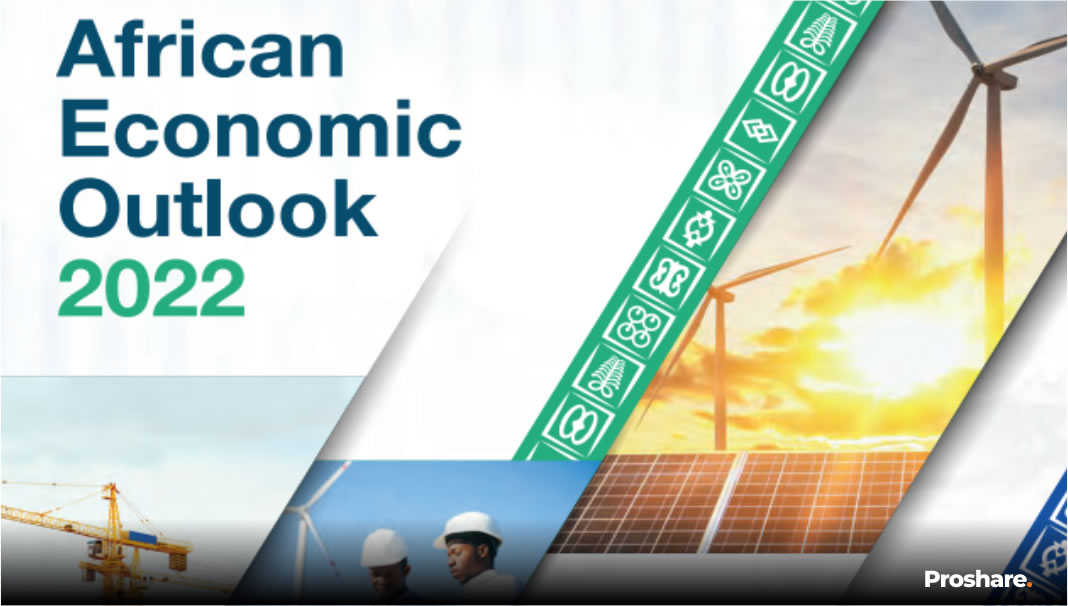
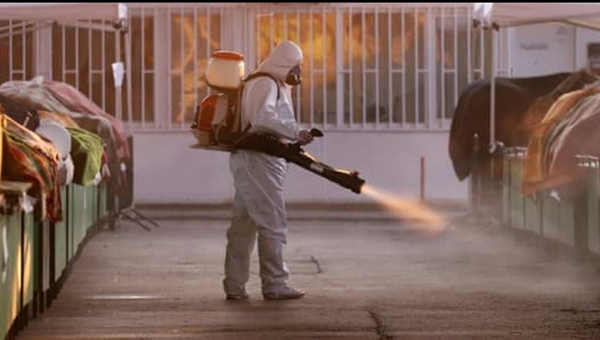
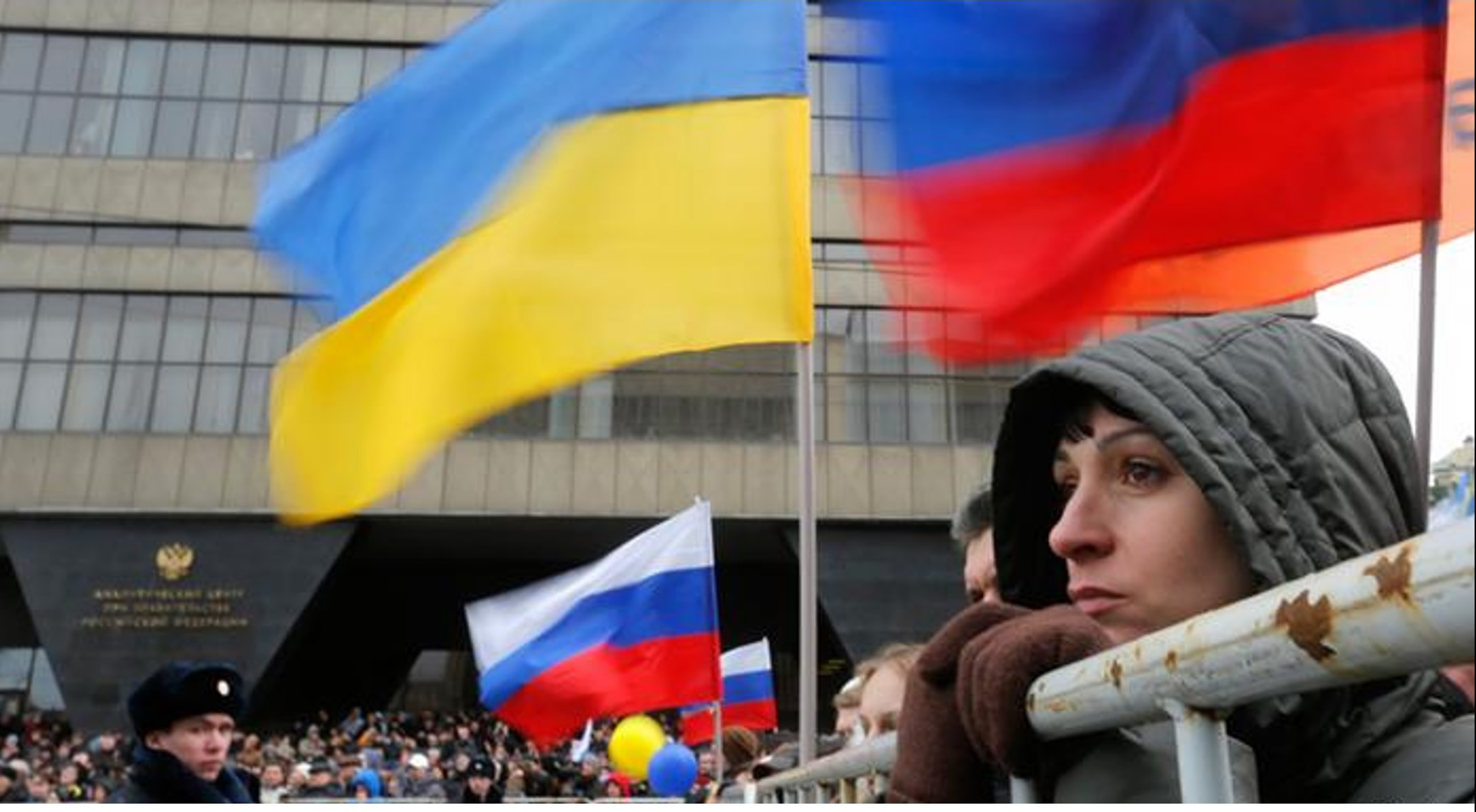
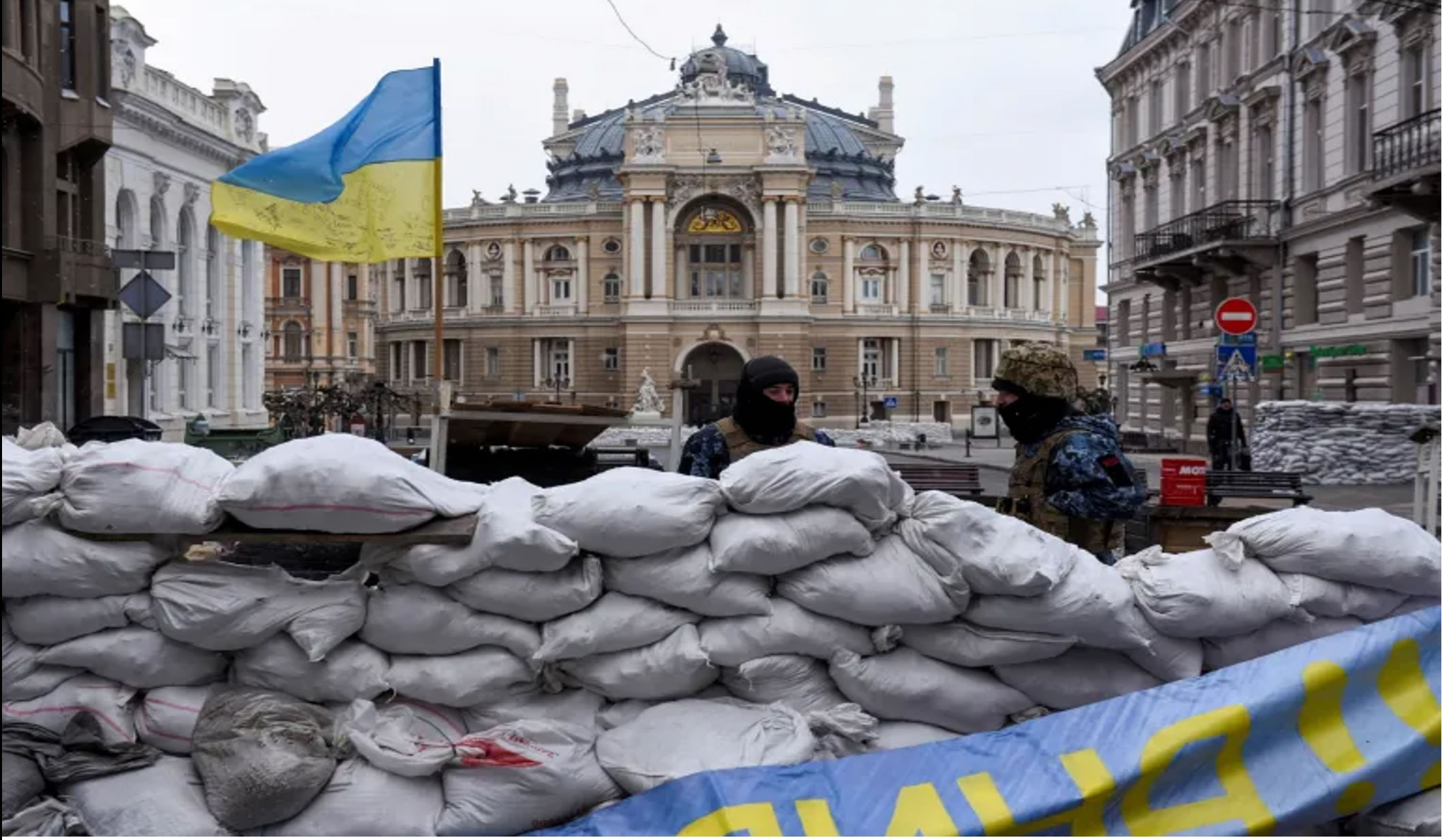
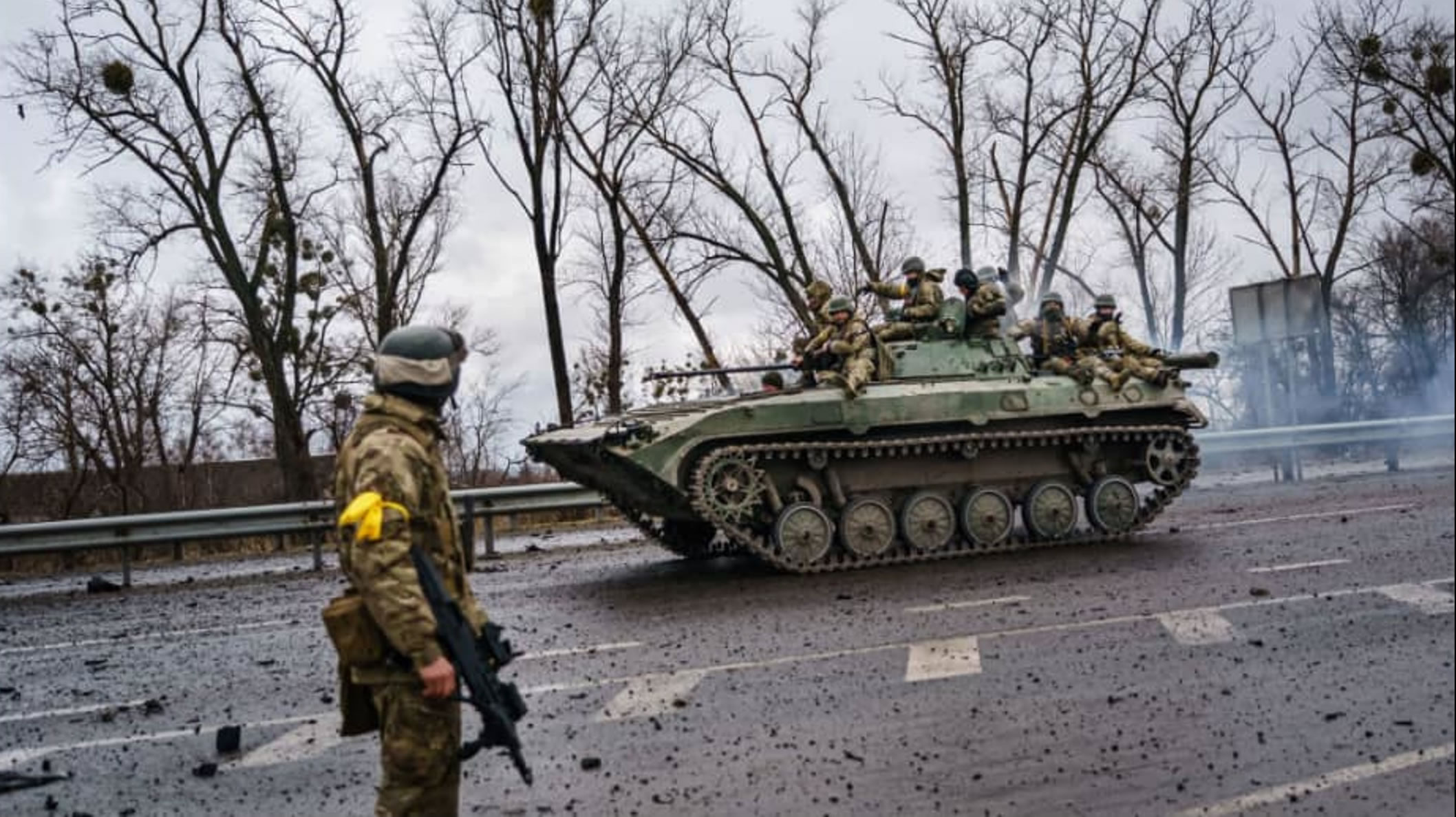
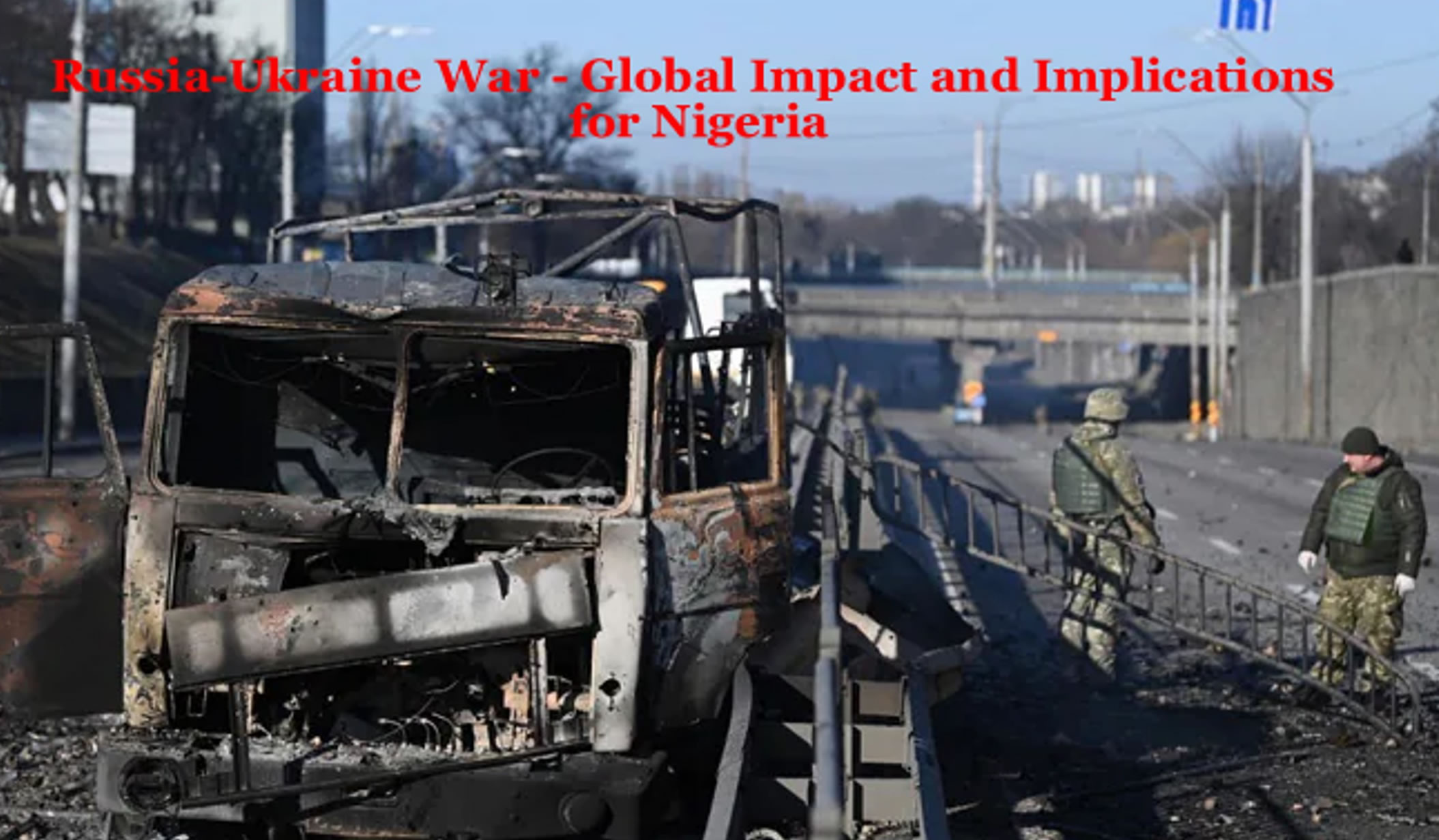
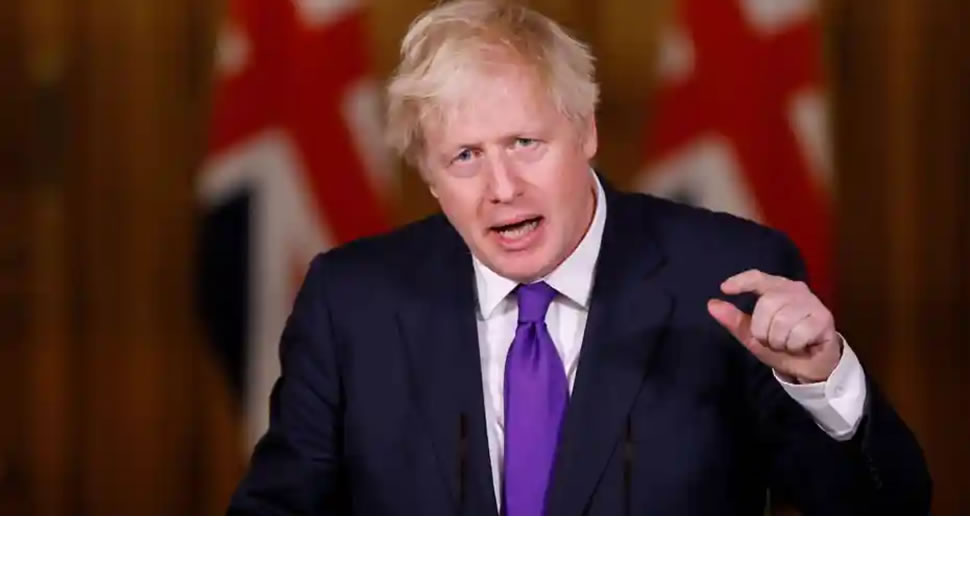





 Sponsored Ad
Sponsored Ad
 Advertise with Us
Advertise with Us









